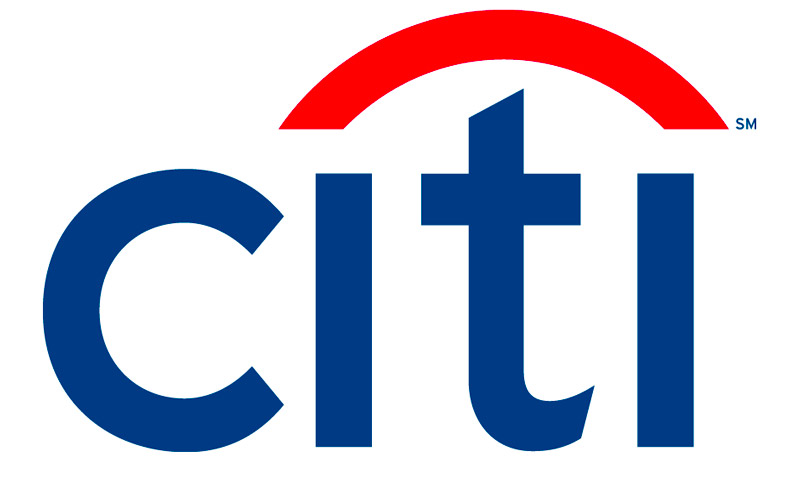| Evicted during the pandemic? Those records would be confidential under N.J. bill |
|
Published March 29, 2021 After the coronavirus pandemic ransacked the economy, residents across the state are facing eviction due to nonpayment of rent. And while an eviction moratorium protects tenants from being locked out of their homes during the pandemic, court notices are still being filed. The state Assembly passed a bill, A4463, Thursday to make landlord-tenant court records related to nonpayment of rent filed during an “emergency period” — from when the COVID-19 pandemic began and 60 days after it ends — confidential. Despite the moratorium that bars landlords from kicking out tenants, more than 50,000 eviction notices have been filed since the pandemic began in March 2020. Most of these filings haven’t been heard in court yet, though emergent evictions have already begun. But housing advocates warned that the evictions records would have a long-lasting impact even if tenants weren’t evicted. When looking for future housing and completing background checks, those tenants could be blacklisted and prohibited from renting due to their legal history. The bill requires any person or entity that distributes court filings to remove any nonpayment eviction records when completing background checks. It would be punishable by a $1,000 fine. The bill passed Thursday with 52 yes votes and 14 Republicans voting no. There has been no Senate companion bill introduced. Making some eviction records confidential is also a component of the People’s Bill, A4226, a bill that would offer aid to residents financially hurt by the coronavirus pandemic, including repayment plans for tenants and homeowners, and banning additional charges like late fees and attorney’s fees. The bill passed the Assembly in June and hasn’t been posted for a vote in the Senate. Housing groups estimate it could take as much as $3 billion to help all of the Garden State’s struggling renters. Recently, the state announced a $353 million rental relief fund, adding to the $100 million fund created in the summer. |













